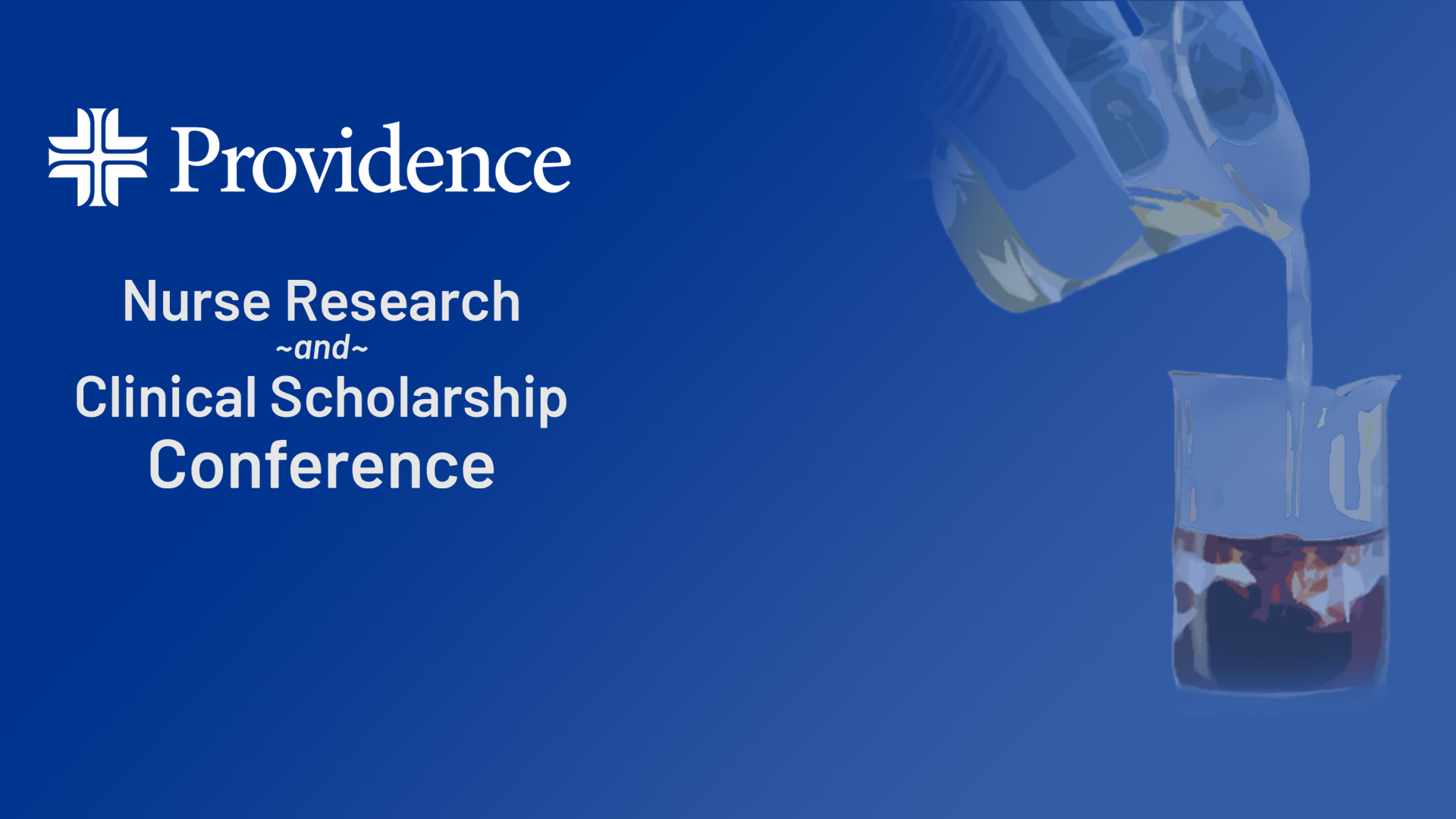
Location
Virtual
Start Date
1-3-2024 8:00 AM
End Date
1-3-2024 3:30 PM
Keywords:
washington; olympia; diversity
Recommended Citation
Johnson, Tobias, "Going Beyond the Pronouns: Caring Well for LGBTQ+ People" (2024). Providence Nursing Research Conference 2023 – Present. 7.
https://digitalcommons.providence.org/prov_rn_conf_annual/2024/posters/7
Specialty/Research Institute
Nursing
Included in
Mar 1st, 8:00 AM
Mar 1st, 3:30 PM
Going Beyond the Pronouns: Caring Well for LGBTQ+ People
Virtual





Comments
References
1.Ard, K. L., Goldhammer, H., Almazan, A. N., Michael, T., O’Donnell, D., Bender, S., Roman, M., Greene, R. E., Keuroghlin, A. S. (2022). A pilot sexual and gender minority health curriculum for the largest public health care system in the United States. Academic Medicine, 97(10), 1489-1493. https://doi.org/10.1097/ACM.0000000000004657
2.Bhatt, N., Cannella, J., & Gentile, J. P. (2022). Gender-affirming care for transgender patients. Innovations in Clinical Neuroscience, 19(4-6), 23-32.
3.Burton, C. W., Nolasco, K., Holmes, D. (2021). Queering nursing curricula: Understanding and increasing attention to LGBTQIA+ needs. Journal of Professional Nursing, 37(1), 101-107. https://doi.org/10.1016/j.profnurs.2020.07.003
4.Carmichael, T. N., Copel, L. C., McDermott-Levy, R. (2024). Effect of an education intervention on nursing students’ knowledge of and attitudes toward caring for transgender and nonbinary people. Nurse Educator, 00(0), 1-6. Doi:10.1097/NNE.0000000000001600
5.Charles, D., Clay, R., Moroney, B., Stewart, A., Ramsey, C. (2022). The lack of LGBTQIA cultural competency in physical therapy education. Journal of Allied Health, 51(1), 47-51.
6.Durocher, K., & Caxaj, C. S. (2022). Gender binaries in nursing: A critical shift to postgenderism. Nursing for Women’s Health, 26(4), 262-268. https://doi.org/10.1016/j.nwh.2022.05.005
7.Eickhoff, C. (2021). Identifying gaps in LGBTQ health education in baccalaureate undergraduate nursing programs. The Journal of Nursing Education, 60(10), 552-558. doi:10.3928/01484834-20210729-01
8.Englund, H., Basler, J., & Meine, K. (2019). Nursing education and inclusion of LGBTQ topics: Making strides or falling short? Nurse Educator, 45(4), 182-184. DOI: 10.1097/NNE.0000000000000749
9.Goodall, K. R., & Wofford, L. G. (2022). Pedagogical strategies of LGBTQIA+ education in pre-licensure nursing: An integrative review. Nursing Education Today, 119, 105547. https://doi.org/10.1016/j.nedt.2022.105547
10.Henriquez, N., Hyndman, K., & Chachula, K. (2019). It’s complicated: Improving undergraduate nursing students’ understanding family and care of LGBTQ older adults. Journal of Family Nursing, 24(4), 506-532. Doi: 10.1177/10748407|9864099
11.Harrison, C., & Meates, Mel. (2022). Having pride in our care: Striving for equitable care in the emergency department for LGBTQIA patients. Emergency Medicine in Asustralasia, 34(3), 442-445. https://doi.org/10.1111/1742-6723.13991
12.Keuroghlian, A. S., Charlton, B. M., Katz-Wise, S. L., Williams, K., Jarvie, E. J., Phillips, R., Kremen, J., Guss, C. E., Dalrymple, J. L., Potter, J. (2022). Harvard medical school’s sexual and gender minority health equity initiative: Curricular and climate innovations in undergraduate medical education. Academic Medicine, 97(12), 1786-1793. https://doi.org/10.1097/ACM.0000000000004867
13.McEwing, E., Black, T., Zolobczuk, J., Bursun, U. (2022). Moving beyond the LGBTQIA+ acronym: Toward patient-centered care. Rehabilitation Nursing, 47(5), 162-167. https://doi.org/10.1097/RNJ.0000000000000378
14.Medina, C. & Mahowald, L. (2023, Jan 12). Discrimination and barriers to well-being: The state of the LGBTQI+ community in 2022. American Progress. https://www.americanprogress.org/article/discrimination-and-barriers-to-well-being-the-state-of-the-lgbtqi-community-in-2022/
15.Meyer, I. H. (2021). TransPop. Interuniversity Consortium for Political and Social Research. https://doi.org/10.3886/ICPSR37938.v1
16.Murphy, S. P. (2022). Building culturally competent practice with sexual and gender minorities using nonviolent communication. Issue in Mental Health Nursing, 43(5), 395-400. https://doi.org/10.1080/01612840.2021.1990445
17.Nguyen, T. V. (2020). Update on medical education, insurance coverage, and health care policy for lesbian, gay, bisexual, transgender, questioning, intersexual, and asexual patients. Dermatologic clinics, 38(2), 201-207. https://doi.org/10.1016/j.det.2019.10.004
18.Paul, C. R., Wolfe, A. D., Catallozzi, M., Jirasevijinda, T., Kutscher, E., Lurie, B. (2021). Teaching sexual orientation and gender identity in pediatric clinical settings: A training workshop for faculty and residents. The Journal of Teaching and Learning Resources, 17, 11137. https://doi.org/10.15766/mep_2374-8265.11137
19.Pratt-Chapman, M. L., Eckstrand, K., Robinson, A., Beach, L. B., Kamen, C., Keuroghlian, A. S., Cook, S., Radix, A., Bidell, M. P., Bruner, D., Margolies, L. (2022). Developing standards for cultural competency training for health care providers to care for lesbian, gay, bisexual, transgender, queer, intersex, and asexual persons: Consensus recommendations from a national panel. LGBT Health, 9(5), 340-347. https://doi.org/10.1089/lgbt.2021.0464 20.Streed, C. G. (2022). Health communication and sexual orientation, gender identity, and expression. The Medical Clinics of North America, 106(4), 589-600. https://doi.org/10.1016/j.mcna.2021.12.005